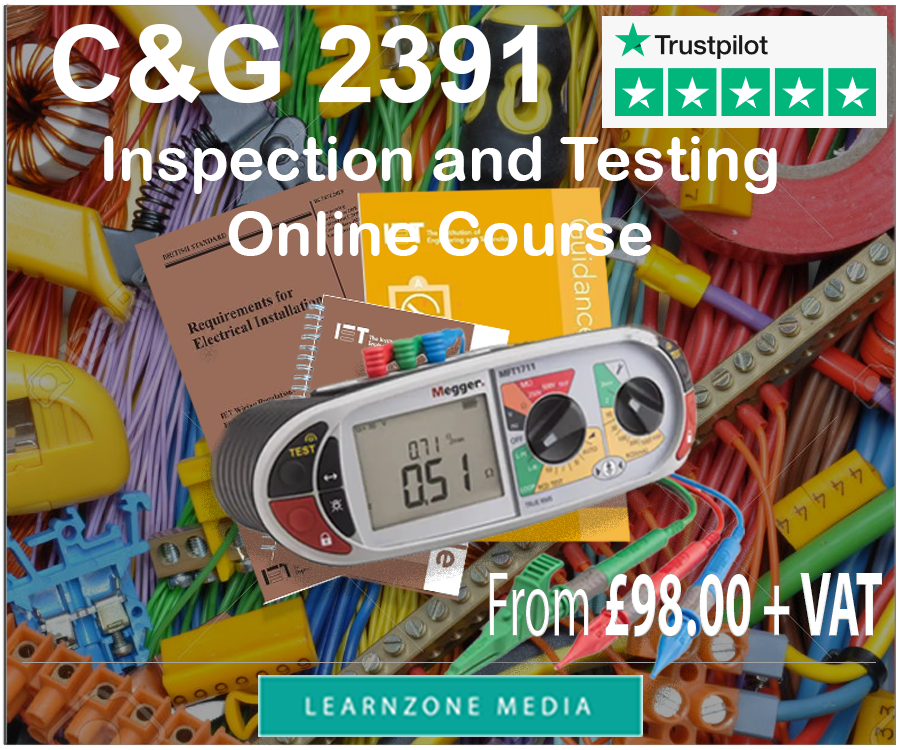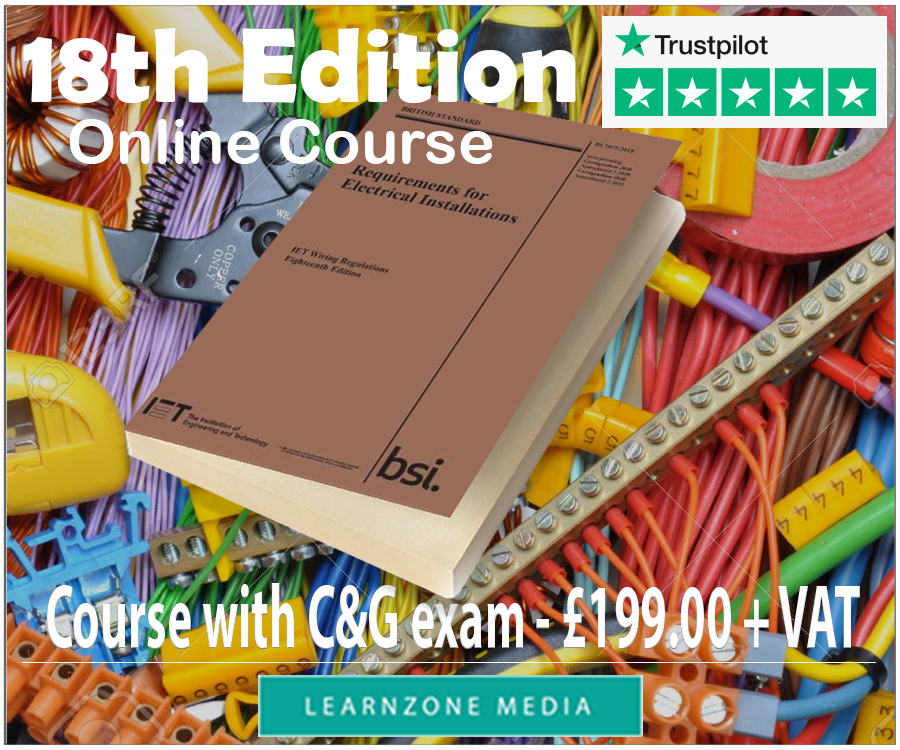Qualifications Needed To Work Offshore
Some special qualifications are needed when applying for offshore electrical positions, and the one particular for electricians is:
- CompEx Full EX01-04 - Electrical Installation and Maintenance in Potentially Explosive Atmospheres.
The qualifications required to work offshore are called “survival” qualifications, with a good reason - they might help you get out of trouble in case of an accident offshore:
- BOSIET - Basic Offshore Safety Induction & Emergency Training Course (5700) and Escape Chute training in accordance with OLF requirements
- MIST - Minimum Industry Safety Training for offshore working
- CA-EBS - Compressed Air Emergency Breathing System Initial Deployment Training
- Offshore Medical Certificate
Optional:
- EURO upgrade for BOSIET
I must point out that these qualifications are all to do with the working environment. They do not tell anything about your professional abilities as an electrician.
In order to have a decent chance of finding a job as an electrician offshore, you must be a fully qualified electrician with many years of related industrial experience. Working for a few years as a “house-basher” will not get you a job offshore regardless of your survival qualifications and CompEx training.
Now let’s have a look at these qualifications in more detail.
CompEx
CompEx is the leading national training, assessment and certification scheme for electricians and other electro-technical professionals working in potentially hazardous or explosive atmospheres.
As an electrician you will need to complete the full modules EX01 to EX04. This will prove that you are competent with the installation methods used in the offshore oil and gas industry. Methods such as intrinsically safe circuits, barrier glands, etc.
Successful completion of the course will entitle you to work in potentially hazardous or explosive atmospheres such as oil and gas installations onshore and offshore anywhere in the world.
Feel free to have a look at our guide to the CompEx course here.
BOSIET
This is the basic offshore survival course required to be completed by all personnel wishing to work offshore anywhere in the world. It is globally recognised as a minimum standard.
BOSIET is a three day course which involves helicopter escape training including HUET, TEMPSC`s and rafts, post escape first aid, fire fighting and emergency breathing systems (EBS).
MIST
Minimum Industry Safety Training is a two day course, which has become popular with recruiters in the recent years. These days most employers will ask for MIST.
The course involves health and safety lessons on hazardous environment, working safely, risk assessment, permit to work, working at high etc. Unlike BOSIET this is a classroom based course.
CA-EBS
This course for now is only required in UK waters. We are sure that in time other nations will recognise the benefits of this training.
EURO upgrade
Basic requirement for those wishing to work in Dutch, Danish and Norwegian waters. We strongly recommend getting this training as well. It is only a few hours on top of the BOSIET training course.
OGUK Offshore Medical
You will need to pass an Offshore Medical Examination. The OGUK Offshore Medical is valid for two years and allows you to work in the UK sector or the North Sea.
As you can see there are some highly specialised qualifications needed to work offshore. Without these qualifications do not even bother applying for jobs, you would be considered unprofessional which can later affect your chances. For each and every job posted online applications arrive in dozens if not hundreds. As a minimum you must make sure that you have all the qualifications needed, survival and professional ones, as well as years of relevant industrial experience.





